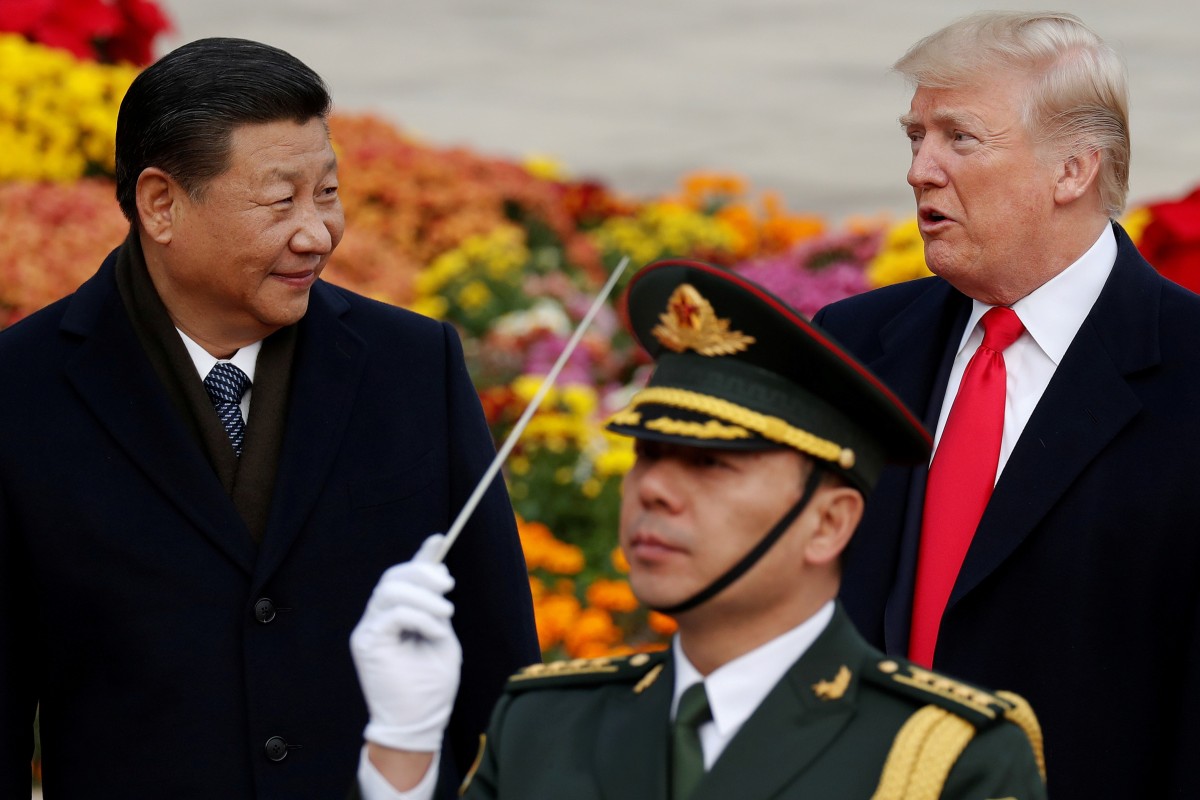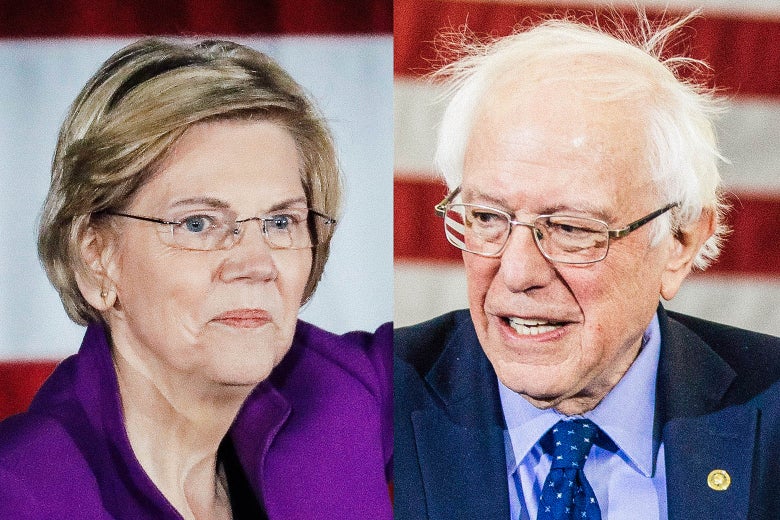Thursday, May 30, 2019
In The News (1)
China or the US? Europe’s ‘impossible choice’ in the trade war Chinese Vice-President Wang Qishan, a close ally of President Xi Jinping who formerly led trade talks with the US, is visiting Germany and the Netherlands this week, just days after another top Xi aide, Li Zhanshu, the Communist Party’s third-most powerful cadre, wrapped up a trip to Hungary, Austria and Norway........ Wang’s trip will coincide with US Secretary of State Mike Pompeo’s arrival in Berlin for talks with Chancellor Angela Merkel on Friday. The US State Department said Pompeo would also visit the Netherlands, Switzerland and Britain........ In a landmark shift in its policy on China, the European Commission – the executive arm of the EU – for the first time labelled it an “economic competitor” and “a systemic rival” in a policy paper in March...... ...with the return of trade war tensions, Europe – already caught in the middle of the unfolding US-China rivalry – will become an important battlefield for the two giant nations’ geostrategic political machinations. .....
Huawei asks US courts for summary judgment on its move to get federal ban on its gear overturned
Under Modi 2.0, Will India Embrace Tough Economic Reforms? Unemployment is at a 45-year high; acute agrarian distress has caused farmer suicides; the banking system is weak and undercapitalized with poor credit disbursements; and the economy continues to suffer painful effects of the November 2016 demonetization of high-value currencies and the introduction of a unified indirect tax regime in mid-2017. ..... The BJP won 303 seats, 21 more than it did in 2014; the NDA added 17 seats between the two elections........ The Congress-led United Progressive Alliance won just 90 seats, though these were 30 more than in 2014...... The unemployment rate reached a 45-year high of 6.1% in 2017-2018...... the record voter turnout of 67%. ...... 32% of BJP voters would not have voted for the NDA if Modi had not been the prime ministerial candidate ....... “This idea that Modi is a decisive leader, who is incorruptible, who operates with clean intent and with national interest at heart, is something many voters latched onto” ....... Muslims account for about 14% of India’s population. In a speech after the elections, Modi stressed that minorities in India should not have to live any longer in fear......... “The business community is thrilled [at BJP’s win] because above all, it values stability and certainty.”...... “the BJP took in more than 73% of the donations declared by India’s seven largest political parties in 2017-18. The ruling party spent more than 260 million rupees on advertisements on Facebook, YouTube, Google and Instagram compared with 35 million rupees by the Congress.” ....... and that he will renew some of those reform efforts such as in the land markets and labor markets........ measures “to improve the status of agriculture” and address agrarian distress.........labor reforms; divestment and privatization of state-owned enterprises; and unwinding protectionist policies that restrict foreign direct investment........ inflexible labor laws [that] have choked the growth of manufacturing labor in India for more than 40 years now........ divestment and privatization of some two dozen public sector undertakings (PSUs) that already has cabinet approval. ........ “Sectoral ministries such as the ministry of fertilizers, mines, heavy industries, IT, textiles and steel are targets for regulatory capture by well-organized industry interests” ....... in the World Bank’s Ease of Doing Business index....... India’s now ranks 77th among 190 countries compared with 134th in 2014......... American companies that have invested heavily in China over the last 30 years are now looking for other places to put their investments and to put their supply chains,” he says. “India could benefit enormously from that new situation. But it’s going to need to move very aggressively to make that possible.”........ “A lot of economic policy is implemented at the state level in India ........ high debt loads have saddled many banks, especially public sector banks, with nonperforming assets large enough to prevent substantial new lending. ....... “It should be in the 8% or 9% or even 10% bracket.” .......... Not surprisingly, the government’s interim budget unveiled weeks before the election included a Rs. 75,000 crore ($10.6 billion) package of cash handouts to small farmers, where each would get Rs. 6,000 ($88) a year.
Why the Fed Has a Hidden Influence on Foreign Affairs the Fed quietly exercises enormous influence on U.S. international financial policy. One eye-popping example: During the financial crisis the Fed had swapped currencies with various countries worth $583 billion....... the Fed was able to essentially influence foreign affairs without oversight by Congress or the executive branch....... a relatively young central bank — it was founded in 1913 — that this interest in foreign affairs and foreign policy was right there at the founding. ....... One of the reasons to create an American central bank was to take on the Bank of England, which had its own global currency of last resort. It was something that American policymakers very much were interested in maybe displacing. ......... the Fed is an institution that’s really neither accountable to Congress nor the president — it’s self-funded. It was created by Congress, but it acts on its own. The president is not supposed to intervene. ......... It never gets reviewed in court. ......the Fed went out there and spent hundreds of billions of its own dollars on these swap lines, and it did it of its own accord. So that’s why we think it increasingly looks like the Fed has its own foreign policy priorities that may be different from those of Congress and the president. ........ at one point the Fed had swapped currencies worth $583 billion. ... the entire Foreign Development Assistance budget for USAID is only $22 billion........The Fed is a really cosmopolitan entity. It views the global financial system and economy as extremely interlinked. ....... We want the Fed to make decisions for technocratic, smart reasons. We think that that’s most likely to keep inflation under control, which is one thing that a central bank wants to do........ “Sunlight is the best disinfectant.” Disclosure is a good way to regulate — especially when it comes to things like capital markets......... the advantages of sunlight, disclosure, and communication. ...... We are looking for a Goldilocks solution — something that gets the Fed more public about what it wants to do with its foreign affairs policy, but not something that takes away its independence, which we value, along with everyone else......... gives you disclosure without taking away flexibility, and without giving the president or Congress too much control over the foreign affairs of the financial regulators.
Wednesday, May 29, 2019
A Sanders-Warren Ticket
Biden's support isn't as deep as you might think given his large lead in the polls. https://t.co/H3SeGljOod— Waleed Shahid (@_waleedshahid) May 29, 2019
Two Out Of Three: Kamala, Andrew, Pete
2020: The Year Of The Social Democrat
Andrew Yang: Universal Basic Income, Elizabeth Warren: Wealth Tax
Biden's Lead Is Name Recognition
Breaking 2020 National Dem Poll:— Political Polls (@PpollingNumbers) May 29, 2019
Sanders 28%
Biden 27
Warren 9
Harris 5
Buttigieg 5
Booker 4
O'Rourke 2@YouGov Pollhttps://t.co/2FYA0GqeKH pic.twitter.com/WRwHzvwFHB
I am looking at these numbers and I am thinking, this is looking like a Sanders-Warren ticket. That would be a good ticket. Only a political earthquake of that magnitude could give America something like Medicare For All. And these two would also be winning candidates. They would not take punches lying down from the big bully.
I think it is important for the impressive Democratic roster to run a clean campaign. Do not engage in personal attacks. Run on the strength of your ideas. All the good ideas have to be hammered into the Democratic platform. Win or lose, Andrew Yang's idea of a Universal Basic Income has to make it through. Win or lose, Kamala Harris' idea of fining companies for paying women less for the same work has to make it through.
President: Bernie Sanders
Vice President: Elizabeth Warren
Secretary Of State: Kamala Harris
Secretary Of Labor: Andrew Yang
Secretary Of Urban Affairs: Pete Buttigieg
UN Ambassador: Tulsi Gabbard
Texas Governor: Beto O'Rourke
Chancellor Of The Obama Library: Joe Biden
A Sanders-Warren Ticket https://t.co/SHUzdPKjqj @AOC @BernieSanders @SenWarren @KamalaHarris @AndrewYang @PeteButtigieg @TulsiGabbard @_waleedshahid @saikatc @VarshPrakash @justicedems @sunrisemvmt— Paramendra Kumar Bhagat (@paramendra) May 29, 2019
Mueller made clear Trump is NOT exonerated and that AG Barr is a liar. Mueller did his job now it's time for Congress to do its job. No more hiding behind the special counsel. Enough is enough. It's time to #ImpeachTrump. We can't wait for 2020. The time is NOW!
— Maxine Waters (@RepMaxineWaters) May 29, 2019
Mueller’s statement is a shot across the bow to Democrats and Republicans in Congress who are taking advantage of the public’s ignorance about impeachment.
— Max Berger (@maxberger) May 29, 2019
To the GOP, he said, “I didn’t charge Trump with a crime because it isn’t constitutional for me to do so.”
They joined Massachusetts Sen. Elizabeth Warren, who first called for impeachment proceedings to begin in late April https://t.co/PfCquyPVbn
— TIME (@TIME) May 29, 2019
The DNC has announced its criteria to make the 3rd debate in September https://t.co/WmMncjGmZr let’s do it 👍😀🇺🇸
— Andrew Yang (@AndrewYang) May 29, 2019
DNC makes it more difficult to qualify for 3rd debate Unlike the first and second rounds of debates, when candidates must cross either a donor or polling threshold to qualify, candidates will need to surpass both bars to make the stage for the third and fourth debates. For the September event, candidates will have to hit 2 percent in four qualifying polls, versus 1 percent in three polls for the first debates, and they will need 130,000 individual donors, up from 65,000.




